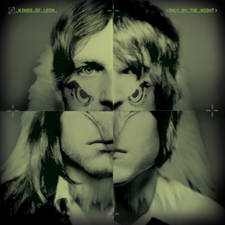How a classic book gave Boo Radleys their band name
27 February 2024, 16:08
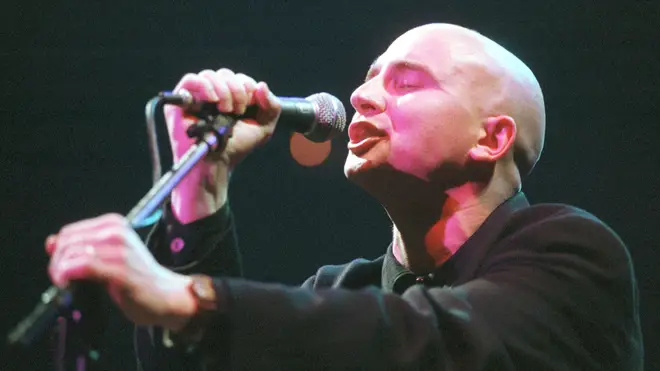
The classic Britpop tune Wake Up Boo! was released in 1995 - but who were The Boo Radleys and why did To Kill A Mockingbird inspire them?
Listen to this article
"Wake up, it's a beautiful morning, the sun shining for your eyes."
Wake Up Boo! is one of the greatest hits of the 1990s. Recorded by Merseyside band The Boo Radleys, the song caught the mood of the nation and made Number 9 in the UK charts following its release on 27 February 1995, remaining in the Top 100 for another 10 weeks.
The track kicked off the year of Britpop, which later culminated in the Blur versus Oasis chart battle and the release of the Gallagher brothers' second album (What's The Story) Morning Glory?

The Boo Radleys - Wake Up Boo!
Who were The Boo Radleys?
The Boo Radleys were formed in Wallasey, on the Wirral in Merseyside in 1988 and their initial releases saw them lumped in with the shoegaze movement: droning guitars, a wall of sound, indistinct vocals... The songwriting was masterminded by guitarist Martin Carr, joined by vocalist Simon "Sice" Rowbottom and bassist Tim Brown. Original drummer Steve Hewitt went on to play with Placeo and was replaced by Rob Cieka.
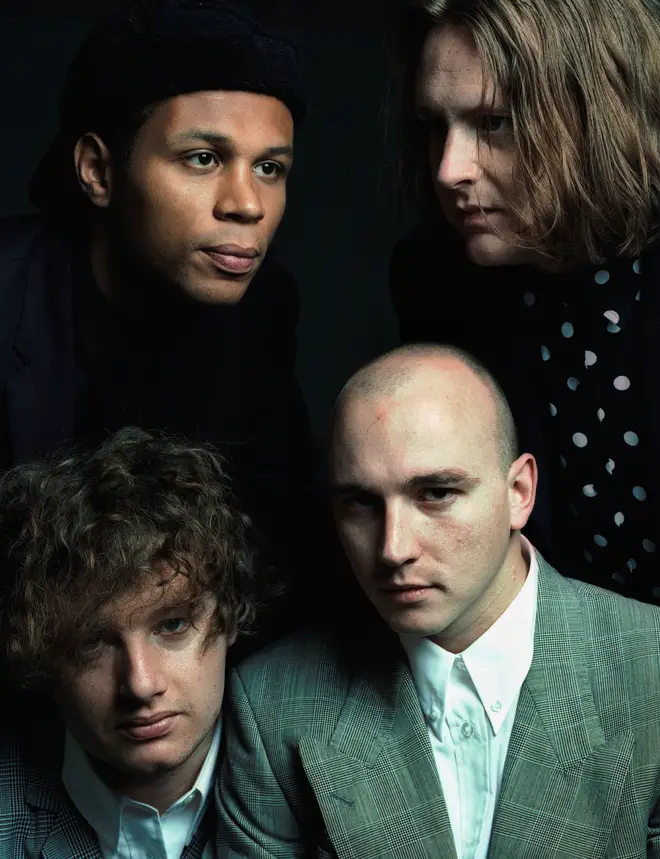
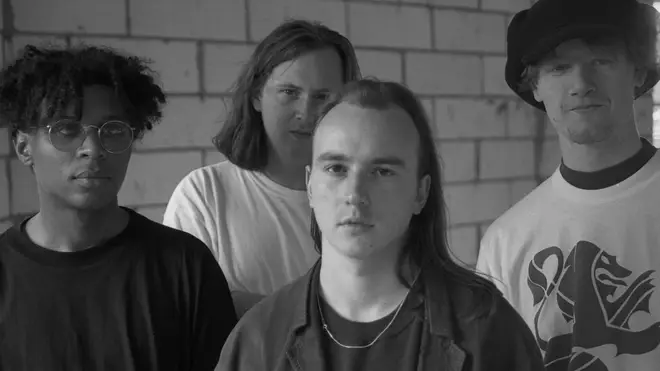
The band's first album, Ichabod And I was issued in 1990 on the indie label Action, which brought them to the attention of the mighty Rough Trade, former home of The Smiths. RT issued three EPs by the Boos: Kaleidoscope (1990), Every Heaven (1991) and Boo Up! (also 1991). The three EPs were collected on a 1992 LP, Learning To Walk.
However, around this time, Rough Trade went into receivership and The Boo Radleys found a home with Alan McGee's Creation label, then riding the wave of the success of Primal Scream and Ride. Their second album, Everything's Alright Forever, was released by Creation in March 1992, and followed by what's considered by many to be The Boo Radley's masterpiece: Giant Steps.

The Boo Radley's : Lazarus (Augustus Pablo Remix)
A 17-track beast of a record, Giant Steps was aptly named, as it saw the band moved from sonic soundscapes to a mix of stunning melody, sunshine pop and blissed-out guitar noise. One of the highlights is the single Lazarus, a sweet song that was given an apocalyptic dub remix by Jamaican producer Augustus Pablo.
However, despite the accompanying album - also titled Wake Up! - topping the charts, the Boos struggled to follow up its success. The follow-up single, Find The Answer Within, only scraped to Number 37. Their next album, C'Mon Kids, was a more challenging listen, but still made the Top 20,
"We probably started breaking up the day Wake Up Boo charted," Carr later explained. In the time between the release of Wake Up! in March 1995 and the band's final outing, Kingsize, in October 1998, Oasis had become the biggest band in the country - and they were the Boos' labelmates. The Boo Radleys called it a day the following year, and Martin Carr has had a successful solo career, with six albums under the name bravecaptain and three under his own moniker, the most recent of which was in 2017.
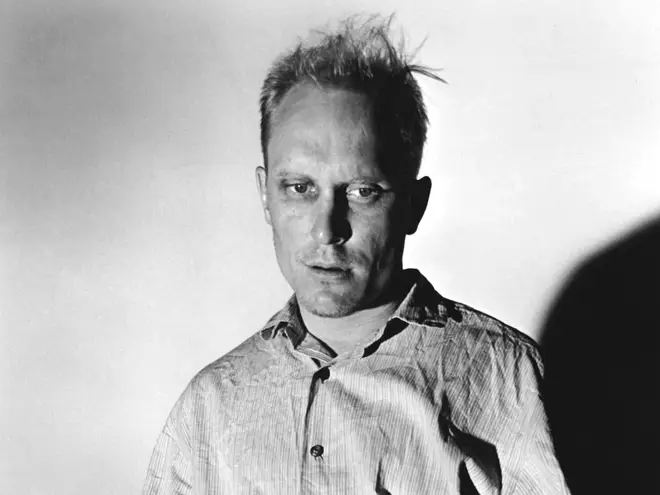
Who was Boo Radley?
Boo Radley is a character in the book To Kill A Mockingbird, written by Harper Lee and published in 1960. The story concerns lawyer Atticus Finch, who is called upon to defend a black man, Tom Robinson, on a charge of rape. Finch's children Jean Louise aka "Scout" and brother Jem are, meanwhile, fascinated by a local recluse who lives in a neighbouring house - his name is Arthur "Boo" Radley. Nobody's seen him for years.
As racial tensions within the small town flare up, Scout and Jem are attacked by the father of the woman who was assaulted. They are rescued by a mysterious man who turns out to be none other than Boo Radley.
The story ends as Scout walks Boo Radley home and wonders what his reclusive life must be like.
"We just thought it was a cool name," Martin Carr told the Creation Records site in 2002. "Well, I didn’t but we couldn’t think of anything else. It was the one book we did in school that had any lasting impression on me."
The Boo Radleys were not averse to getting inspiration from other sources - their acclaimed 1993 album Giant Steps had the same title as John Coltrane's landmark jazz album from 1960.
To Kill A Mockingbird was turned into a well-known film in 1962, starring Gregory Peck as Atticus Finch and Robert Duvall - later known for his roles in The Godfather and Apocalypse Now - making his movie debut as Boo Radley.
